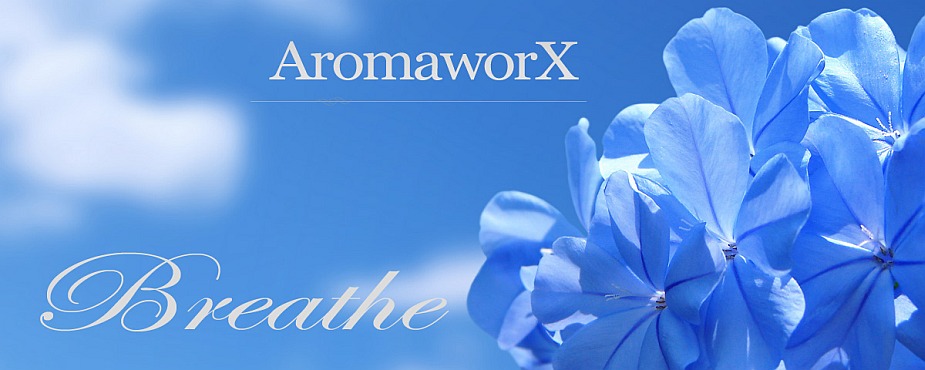Your Brain Anatomy Plays A Role In Determining Your Food Choices
- Details
- Written by AndEl

Our indulgence in delicious but unhealthful food may not necessarily reveal a character flaw. Rather, our ability to exercise self-control is linked to our neurobiology, according to a study that has been published in The Journal of Neuroscience.
“In the 21st century our tastes buds, our brain chemistry, our biochemistry, our hormones and our kitchens have been hijacked by the food industry.” ~ Mark Hyman
How we choose what we eat depends on two main mechanisms, models in the budding field of Neuroeconomics show. We first attribute a value to different attributes such as the tastiness and healthfulness of a food. We then pick the food with the highest overall value after considering the importance we place on each of the attributes.
To investigate whether there are brain structures that predict an individual's ability to choose healthful foods, the study looked at the food choices of participants in four experiments and anatomical imaging data of their brains while they were making their choices.
Seventy-eight women and 45 men took part in the four experiments. In three of the experiments, participants were placed inside an MRI scanner doing an identical task. They were shown photos of food items and were asked how much they wanted to eat a specific food at the end of the experiment. They were told to make their decisions based on three conditions: their usual preference, focusing on the tastiness of the food, and the healthfulness of the food.
In the fourth experiment, participants were told to pick a food item by either choosing as they normally would, indulging in a food item, or refraining from what they crave. This group of participants was also told to state the price they would pay for a food item to obtain the right to eat at the end of the experiment, with prices ranging from $0 to $2.50.
Structural imaging data from the first three experiments show that the volume of grey matter in the dorsolateral prefrontal cortex (dlPFC) and the ventromedial prefrontal cortex (vmPFC) predicts the choice of healthful food items. In short, participants with more grey matter volume in the two brain regions displayed more discipline in their food choices by placing greater importance on the healthfulness of food items or less on the tastiness when asked to focus on the healthfulness of the foods.
The outcomes of the fourth experiment confirmed the findings of the other experiments. Also in different participants and a different task, the grey matter volume in the vmPFC and dlPFC predicted dietary self-control. Together, the results showed for the first time that differences in the neuroanatomy of the dlPFC and the vmPFC influence individuals' ability to make healthy food choices.
Combating food-related disorders
The findings of this study could be a first step for further research helping to find a better assessment and through it treatment of eating disorders characterized by dysfunctional control abilities like anorexia nervosa and binge eating, They could also aid the early diagnosis of other food-related disorders such as obesity by helping to identify as risk patients..
"It is not always very clear how to assess these disorders. The field of psychiatry is currently searching for more biological markers in addition to their existing methods. A certain pattern of brain structure could potentially be one of those markers," said Hilke Plassmann.
"We can also use this to characterize people who might be at risk for eating disorders. Diagnosing cases of obesity, for example, is usually straightforward. But structural brain scans could potentially help to prevent obesity by identifying overweight people whose underdeveloped self-control puts them at risk of becoming obese later in life." added Liane Schmidt.
The findings of the study do not imply that people's self-control is constrained by biologically predetermined limits. In what scientists call "neuroplasticity", the human brain has the capacity to adapt to changing situations. Indeed, grey matter volume, like a muscle, can be developed with exercise.
That means people can strengthen their self-control with the help of neurofeedback exercises. "In the future, we may be able to come up with brain-based interventions, so that you can change the grey matter density in these regions," said Plassmann.
Implications for healthcare policy
As government policymakers seek to reduce the significant costs of public healthcare services arising from the obesity epidemic, they are trying to create environments that encourage people to make more healthful food choices.
However, they should be mindful that individual neurobiological differences affect how people exercise restraint in choosing what they eat. Some people are more responsive to health-based messaging, others are more responsive to taste-based messaging. The study's results imply that differences in how people respond could be linked to consumers' brain structures.
Crafting one set of similar health messages for an entire population is therefore most likely an ineffective communications strategy for policy makers.
Liked this article? Dive deeper into personal growth and wellness! Check out CrystalWind.ca for spiritual wisdom or explore AromaWorx.ca for natural well-being tips. Spread the positivity—share this with friends on their happiness journey!
Let’s Chat! Drop Your Thoughts Below! ![]()
Disclaimer Health
All post and information provided within this blog is for educational and informational purposes only, and is not to be construed as medical advice or instruction. No action should be taken solely on the contents of this website. Please consult with your healthcare professional before making any dietary or lifestyle changes or taking supplements that may interfere with medications. Any products or information discussed are not intended to diagnose, prevent, treat or cure any illness, disease or lifestyle. Please consult your physician or a qualified health professional on any matters regarding your health and wellbeing or on any opinions expressed within this website.
Latest Articles
Dive into the Mystical World of the Crystal Wind Oracle Deck!
Get All the Enchanting Details Now!
NEW Expanded Boxed Edition!
Now with 58 Cards for Richer Wisdom!

Imagine a world of inspiration and healing, free for all—made possible by YOU!
Donate Now—Ignite the Magic at CrystalWind.ca!

Epilepsy - Finding A Cure
Your donation can make a difference!
Help us find a cure – donate now!
Unlock Your Light: Join Lightworkers Worldwide on CrystalWind.ca!
Follow Us!
Featured This Month
Sun in Cancer
Cancer Sun Sign Characteristics Overview The name "Cancer" comes from Latin, ... Read more
Cancer Mythology
The Mythology of Cancer: A Celestial Tale of Loyalty and Sacrifice Among th... Read more
Abalone Shell
Echos Of The Ancestors Abalone strengthens the structure of the body and th... Read more
Lammas by The Hedgewitch
Although in the heat of a Mid-western summer it might be difficult to discer... Read more
Lugh - Celtic God Of The Sun
The god Lugh was worshiped in Ireland as a deity of the sun. This connection... Read more
Egyptian Zodiac/Astrology
Egyptian astrology was one of the earliest forms of astrology. The Egyptians w... Read more
Chalcedony
The Stone Of Orators Chalcedony was very popular as a decorative stone in ant... Read more
































































































































































